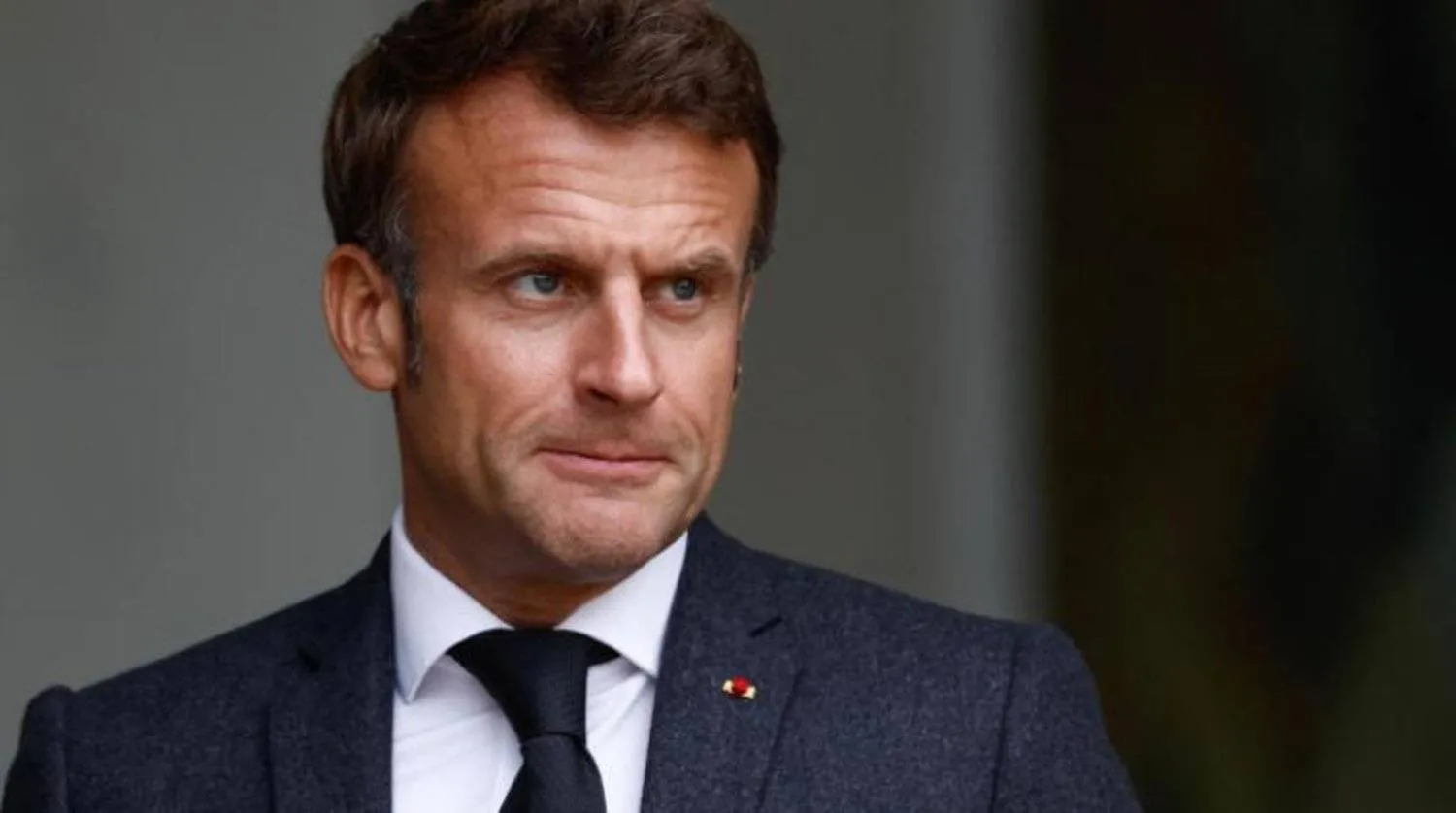French President Emmanuel Macron kicked off talks Friday with key political players in a bid to choose a new prime minister who would form a government and end the deadlock created by snap legislative elections last month.
Members of the left-wing New Popular Front coalition that won the most seats pressured Macron for a quick decision. Their nominee for prime minister, little-known civil servant Lucie Castets, said after Friday's meetings in the Elysee Palace that she was ready to govern, and ready for compromise to get things done, The AP reported.
But the party only has about a third of the seats in the National Assembly, France's powerful lower house of parliament, and no party has a majority. Macron’s centrist alliance came in second and the far-right National Rally came in third.
There's no rulebook that requires Macron to name a candidate from the party that won the most seats, or lays out a timeline for a decision. The absence of any dominant political bloc is unprecedented in France’s modern Republic.
Centrists and conservatives are also meeting with Macron on Friday, while National Rally leaders Marine Le Pen and Jordan Bardella are expected at the Elysee on Monday. Macron’s office said he will name a prime minister based these consultations, which are aimed at “moving towards the broadest and most stable majority possible.”
Castets said that in her meeting with Macron, he “recognized that a message was sent by the French during the elections” but seemed reluctant to allow an opposition party to form a government.
Left-wing leaders have decried Macron's decision to delay the prime minister nomination while he spent time at the Olympics and at the presidential holiday retreat in Bregancon on the French Riviera.
"We need a response Tuesday," said the national secretary of the Greens party, Marine Tondelier. “There are urgent issues, and leaving weeks roll by without facing them is grave, and even irresponsible.”
The New Popular Front, which includes the hard-left France Unbowed, the Socialists and the Greens, has insisted that the prime minister should come out of their ranks as the largest group.
Macron last month appeared to dismiss Castets, saying in a televised interview “the issue is not a name provided by a political group” and stressing instead the need for a parliamentary majority behind the candidate.
Politicians from the center, the right and the far right have suggested they would try to bring down any government that includes members from France Unbowed.
Macron appears more keen to seek a coalition that could include politicians from the center-left to the traditional right.
Other names that have emerged in French media as potential prime minister candidates include center-left politician Bernard Cazeneuve, who served as France’s top cop during a series of bloody terror attacks in 2015, and Xavier Bertrand, a former minister considered relatively moderate within the French right. Conservative politician Michel Barnier, EU’s chief negotiator for post-Brexit talks, is also considered a potential candidate.
As president, Macron has sole power to name the prime minister according to the French Constitution.
The French president said last month he would keep the outgoing centrist government on a purely caretaker role to “handle current affairs,'' notably during the Olympics that ended on Aug. 11.









